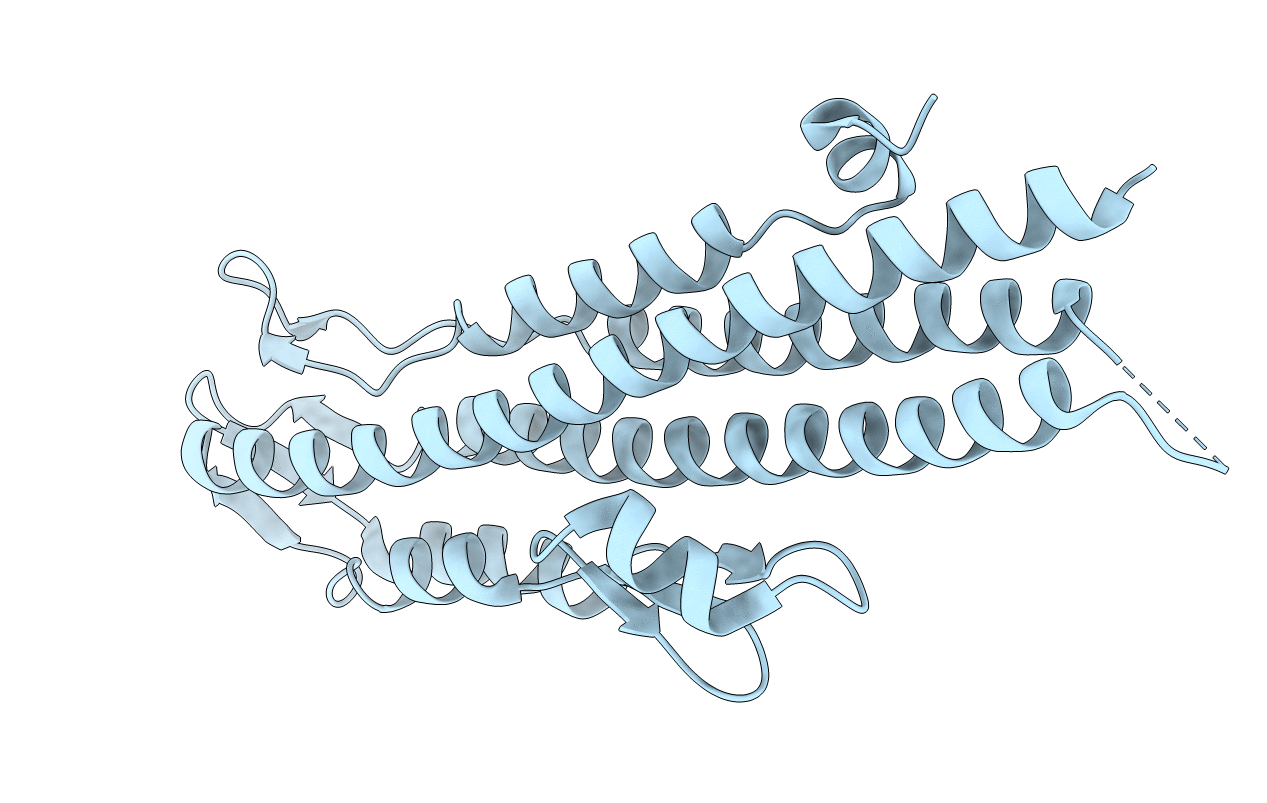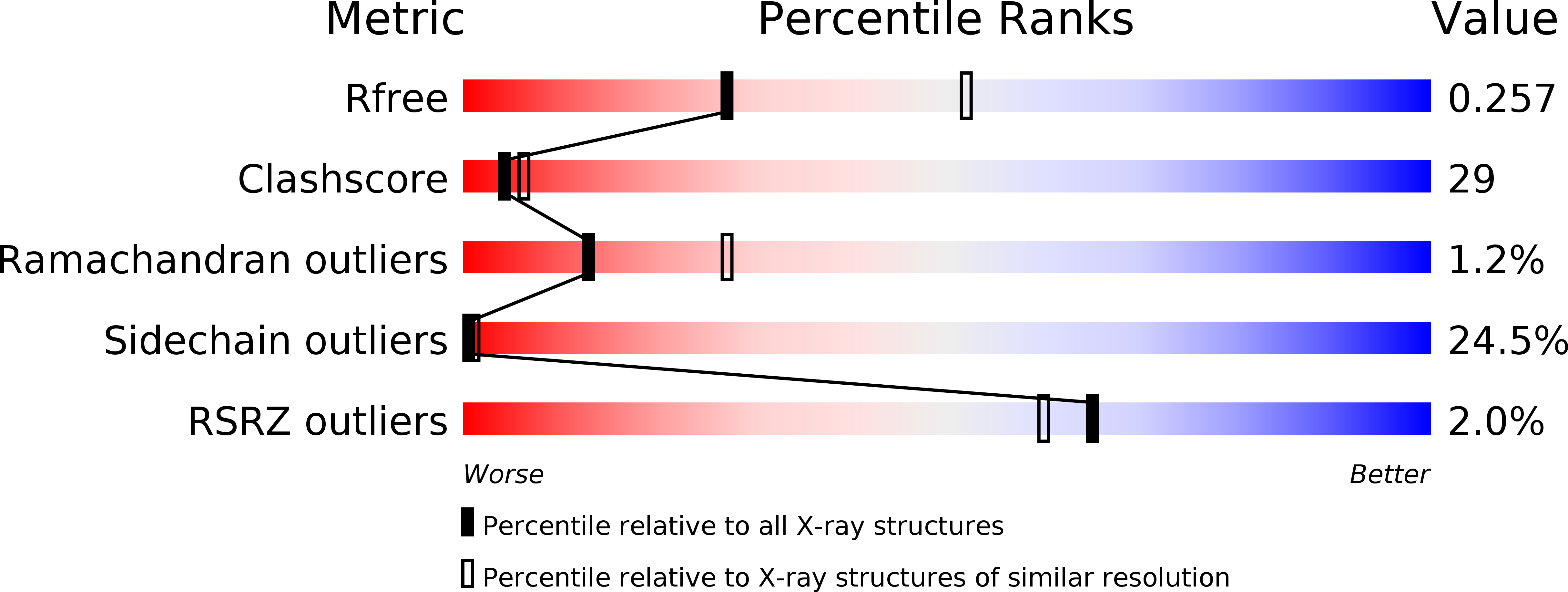
Deposition Date
2006-07-10
Release Date
2006-11-02
Last Version Date
2024-05-08
Entry Detail
Biological Source:
Source Organism(s):
BURKHOLDERIA PSEUDOMALLEI (Taxon ID: 28450)
Expression System(s):
Method Details:
Experimental Method:
Resolution:
2.60 Å
R-Value Work:
0.20
R-Value Observed:
0.20
Space Group:
C 2 2 2


